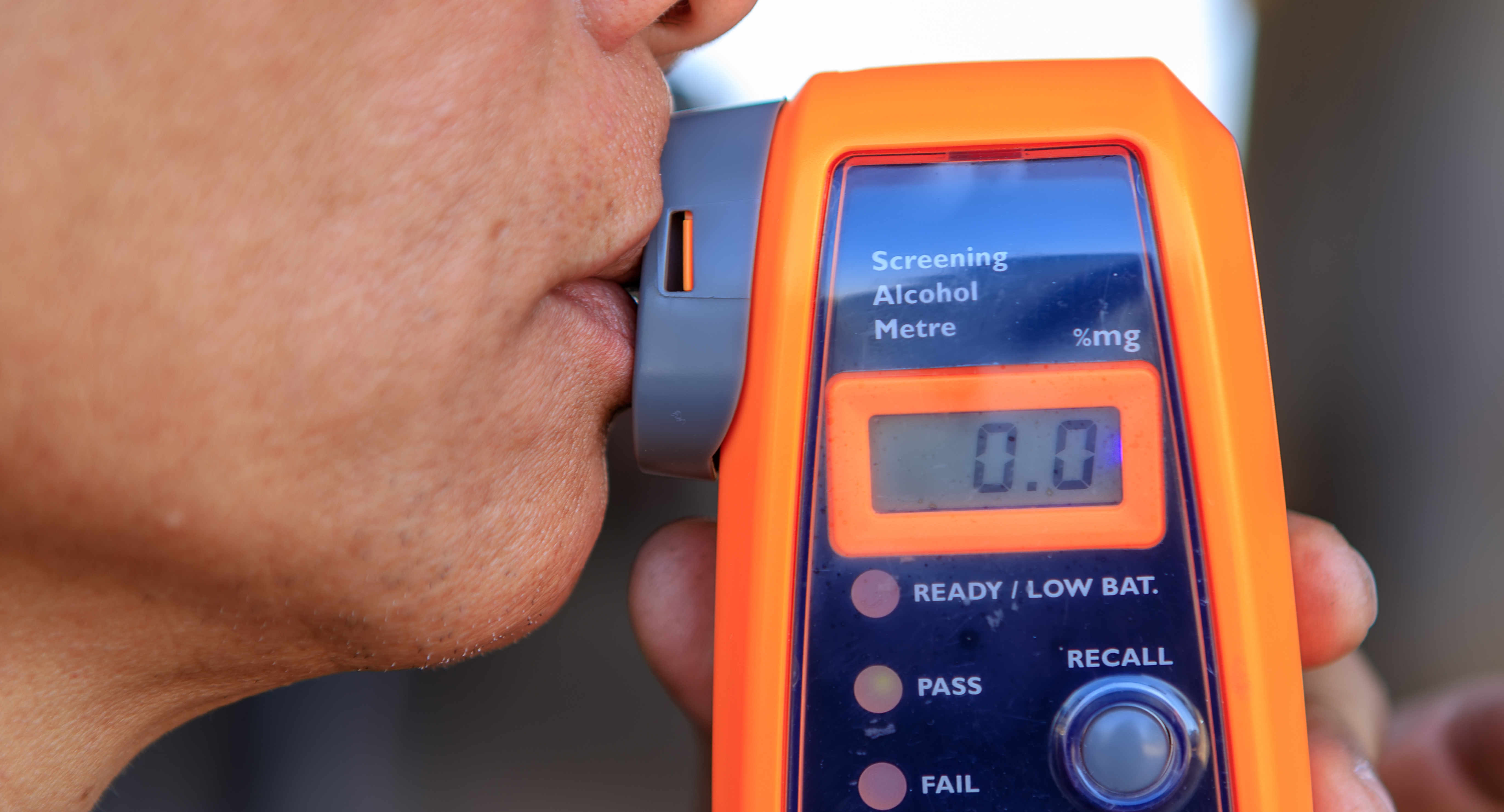- A PSI is a routine part of sentencing in felony cases
- The reports detail a defendant’s background and criminal history
- They give the judge a better insight into your personal life and character
In Texas courts, PSI is shorthand for a Presentence Investigation Report.
Texas judges use this document to assess punishment for a felony crime. The federal court system uses a similar report known as a Presentence Report (PSR).
Both PSIs and PSRs are at least partially based on interviews with defendants and details of the defendant’s background and criminal conduct.
PSI reports are important because they help judges determine an appropriate sentence. In some cases, a good PSI report can mean a less severe sentence.
PSI Reports in Texas
Texas typically reserves these for the sentencing phase of major felony cases.
The contents of PSIs are spelled out by Article 42A.252 of the Texas Code of Criminal Procedure:
The reports include:
- The circumstances of the offense
- The amount of restitution necessary to compensate a victim of the offense
- The offender’s criminal and social history
- Any other relevant information requested by the judge
Article 42A.255 says that a defendant should be allowed to read the PSI report at least 48 hours before sentencing.
Federal PSRs
Presentence investigations are more common in the federal court system and are ordered in almost every case. The report is governed by Rule 32 of the U.S. Rules of Criminal Procedure.
Federal Presentence Reports (PSRs):
- Influence the sentence that a judge will impose
- Determine how the Bureau of Prisons (BOP) determines prisoner classification
- Affects a prisoner’s ability to enter rehabilitation programs
Why are PSIs ordered?
A PSI is routine and ordinary in felony cases.
PSIs ensure that sentencing judges have accurate information about the defendant, including details about his/her life and character. They also give probation officers an opportunity to provide input on potential sentencing and to recommend conditions of probation.
They are also used by the Correctional Institution Division (CID) to determine defendants’ classification if they are sentenced to prison.
READ MORE: Can you leave the state on probation?
When are PSIs ordered?
PSIs are ordered in every felony case in Texas unless waived in writing, even when a sentence is agreed to in a plea bargain.
That’s because, technically, a judge can overrule the plea agreement (or “bust” the plea”), even if both the prosecutor and the defendant agree.
In this example, the judge will use the PSI to determine whether they will allow the agreed plea deal to proceed.
If you go to trial and are found guilty, your sentence is determined during the punishment phase. In Texas, a defendant can choose whether to have a judge or jury assess punishment. If you choose the judge, the PSI will be a determining factor.
However, if a jury determines your sentence, jurors will not have access to a PSI.
Who Conducts the PSI Investigation?
PSI reports are compiled and written by probation officers.
The officer:
- Interviews the defendant
- Reviews any records provided by the defendant (medical records, mental health records, proof of employment, etc.)
- Speaks with others connected to the case
- Reviews relevant case materials
- Reviews the defendant’s criminal history
The completed PSI is provided to the court, the defendant’s attorney, and the prosecution.
Defense attorneys will carefully review the findings with their clients to ensure that the information is accurate.
READ MORE: What happens during your first court appearance?
What is Included in a PSI?
PSIs can be lengthy. They must address:
- Details of the offense
- The defendant’s criminal history
- The defendant’s background and family history
- Employment history
- Educational history
- Finances
- Physical and mental health status
- Any history of substance abuse
- Past or current military service
- The impact on the victim
- The amount of restitution that would be necessary to compensate the victim
- A supervision plan recommending terms and conditions of community supervision (if granted)
Advantages and Disadvantages of a PSI
The PSI generally works in our clients’ favor. The reports allow the judge to learn a little bit more about you beyond the contents of your case file. However, if you have a lengthy criminal record and a history of failing to appear in court, it might hurt more than it can help.
PSIs have several advantages.
- They allow the court to learn details about your personal life that may not have been addressed in testimony, including your educational background, work history, home and family life, and overall attitude
- They provide the judge with advice on appropriate sentencing
- They may recommend rehabilitation or treatment when justified
- They independently confirm information from any testimony you have given
The main disadvantage of the PSI is that a judge often has the discretion to do whatever he/she wants, as long as it’s within the sentencing range.
There are other times when a PSI may not work in your favor:
- If you already have a criminal history
- If you aren’t good with interviews (the report could note that you were “evasive” or reluctant to provide information)
- If you fail to accept responsibility for your actions
- If you don’t take the case against you seriously
- If you fail to acknowledge problems with substance abuse
- If you’re caught lying




